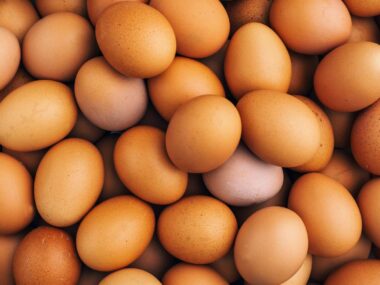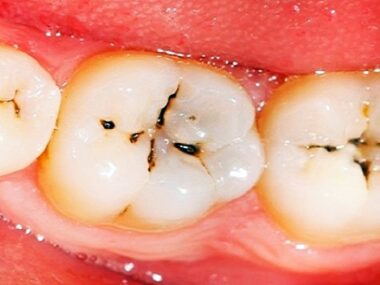Beetroot, scientifically referred to as Beta vulgaris, is a well-liked root vegetable recognized for its vibrant crimson shade and candy, earthy taste. It’s generally consumed in varied culinary dishes and has been used for its potential well being advantages.
Dietary Profile
- Beetroots are wealthy in important vitamins, together with folate, manganese, potassium, vitamin C, and dietary fiber. They’re additionally low in energy, making them a wholesome addition to your weight loss plan.

Well being Advantages
- Coronary heart Well being: Beetroot is thought for its potential to decrease blood stress because of its excessive nitrate content material, which may also help dilate blood vessels and enhance blood circulate.
- Anti-Inflammatory: The antioxidants in beetroot, reminiscent of betalains, can have anti-inflammatory results and contribute to total well being.
- Digestive Well being: The fiber in beetroots promotes digestive well being and will assist stop constipation.
- Mind Well being: Some research recommend that the nitrates in beetroot could enhance cognitive operate and sluggish cognitive decline.
Culinary Makes use of
- Beetroots could be eaten uncooked or cooked. Widespread cooking strategies embrace roasting, boiling, steaming, and pickling.
- They’re typically utilized in salads, soups, and facet dishes, they usually can be blended into smoothies.
- Beetroot could be made right into a vibrant and scrumptious beetroot soup, referred to as borscht, which is fashionable in Japanese European delicacies.
Beet Greens
- Do not discard the beet greens; they’re additionally edible and extremely nutritious. They can be utilized in salads or sautéed as a facet dish.
Beetroot Varieties
- There are completely different kinds of beetroot, together with crimson, golden, and Chioggia (with crimson and white rings).
- Every selection has a barely completely different taste and look.
Pure Dyes
- Beetroot is used as a pure meals dye due to its intense crimson shade. It is typically used to paint sauces, frostings, and different meals objects.
Conventional Makes use of
- Traditionally, beetroots had been used for his or her medicinal properties, together with treating illnesses like digestive problems and anemia.
Potential Aspect Results
- Some folks could expertise crimson or pink urine or stools after consuming beetroots. This situation, referred to as beeturia, is innocent.
- Beetroots are reasonably excessive in oxalates, which may contribute to kidney stone formation in some people. If you’re susceptible to kidney stones, seek the advice of a healthcare skilled about your beetroot consumption.
Rising Beetroots
- Beetroots are straightforward to develop and are appropriate for residence gardens. They are often grown from seeds, and the complete plant is edible.
Cultural Significance
- Beetroots have cultural significance in varied cuisines, notably in Japanese European and Mediterranean cooking. They’re typically featured in conventional dishes and celebrations.
Beetroot is a flexible and nutritious vegetable that may be loved in varied culinary preparations whereas providing potential well being advantages. Whether or not you like it roasted, pickled, or in a salad, it is a colourful and flavorful addition to your weight loss plan.










